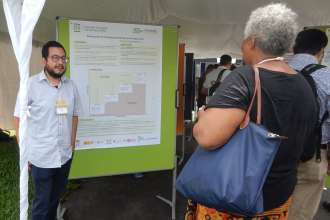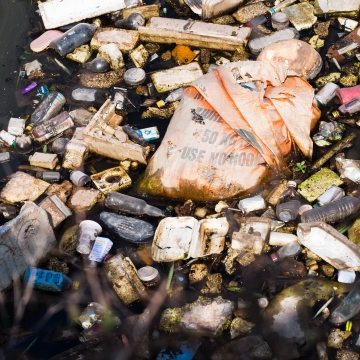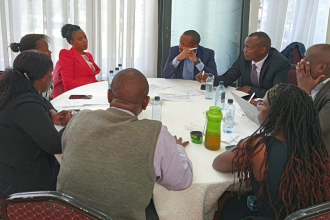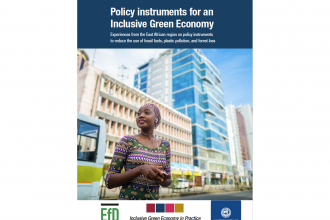In order to achieve Agenda 2030, we need to get the economic incentives right and make sure to leave no one behind. In other words, we need a transformation towards an inclusive green economy. Such transformation requires increased knowledge of, and capacity to apply, policy instruments such as bans, taxes, fees, subsidies, permits, and refund systems that generate incentives for an inclusive green economy. The Inclusive Green Economy (IGE) Program aims to strengthen the country and regional capacity of green economy transformation in Ethiopia, Kenya, Rwanda, Tanzania, and Uganda.




